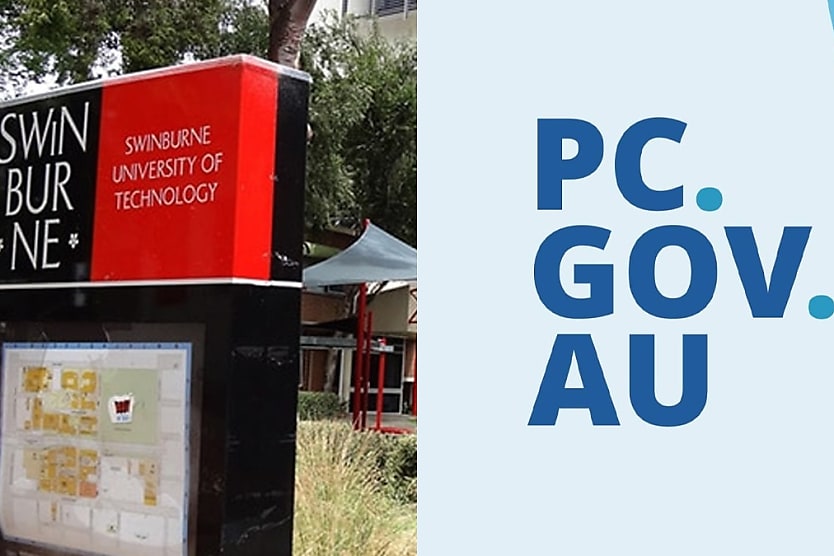Zooming ahead or falling behind? New reports tackle the WFH productivity puzzle
SHARE THIS ARTICLE

Does working from home make us more productive or less? Two key reports offer new insights.
The Fair Work Commission (FWC) is currently undergoing a development into potentially integrating a working-from-home term into the Clerks – Private Sector Award 2020 (Clerks Award). Intertwined with this development was a survey conducted by the Swinburne University of Technology, which was engaged by the FWC to dive into the data of WFH.
The survey of 398 employers found that when denying a WFH request from a worker, the primary reason was concerns about a dip in productivity (35 per cent). At the same time, however, the primary reason for employers who granted WFH requests was due to “improved productivity” (42 per cent) – highlighting the divide among employers.
As previously reported by HR Leader, a Robert Half report showed that a majority of businesses (86 per cent) claimed that it is a challenge to provide work/life balance to employees while boosting productivity. Whereas employees argued that “greatest positive impact on their productivity levels”.
The division has been persistent since WFH and hybrid working arrangements were thrust into the political realm during the 2025 federal election, when former Coalition party leader Peter Dutton proposed moving all Australian public sector workers back into the office as one of his key policy proposals.
According to the Swinburne report, during the general feedback section, small companies especially reported struggling to have strategies in place to ensure employees are working when they are at home, with others raising concerns about employees taking advantage of WFH.
However, other employers’ feedback reported that productivity and work quality are maintained or improved when employees work remotely.
On the employee side, 49.7 per cent of the participants in the survey also felt they had experienced “productivity/performance” gains due to the ability to WFH. Participants in the survey said: “Being in a controlled environment at home has allowed me to focus better on tasks without the usual office distractions.”
The Productivity Commission’s recent release of the Productivity Before and After COVID-19 report also touched on the effect that remote work and hybrid work arrangements have on productivity.
The report claimed that “as working from home is a fundamental change to how people do their jobs, it is likely to have implications for labour productivity”.
Although the report claimed that the benefits and detriments WFH can have on productivity hinges on the experience of the worker – the overarching finding was that its impact is either neutral or positive.
“Identifying the aggregate effects of increased working from home on economy-wide labour productivity is difficult because these effects are hard to isolate from other changes that may have affected the economy at the same time,” said the report.
“The evidence on working from home is still evolving. However, given most studies find hybrid work to be either neutral or positive for labour productivity, there is no evidence to suggest that the trend towards hybrid working has contributed to the productivity loss phase of the productivity bubble.”
Overall, the Fair Work Commission’s decision pertaining to the Clerks Award could “change the landscape” of the workplace, according to Wesley Rogers, head of workplace relations at Marque Lawyers.
“Although WFH arrangements have become part of many workplaces, particularly coming out of the pandemic, adding WFH rules to modern awards, starting with the Clerk Award, has the potential to change the landscape,” said Rogers.
Kace O'Neill
Kace O'Neill is a Graduate Journalist for HR Leader. Kace studied Media Communications and Maori studies at the University of Otago, he has a passion for sports and storytelling.

